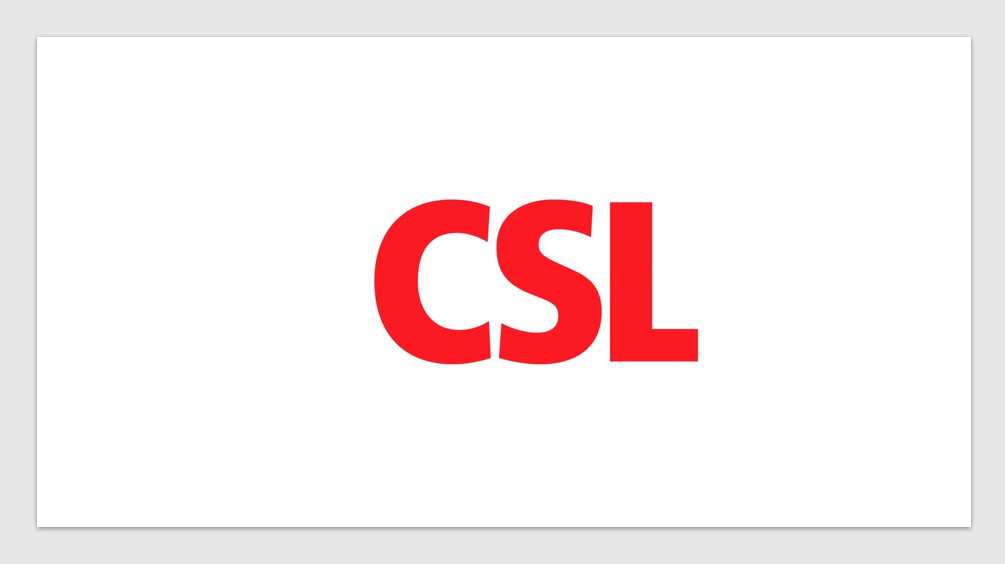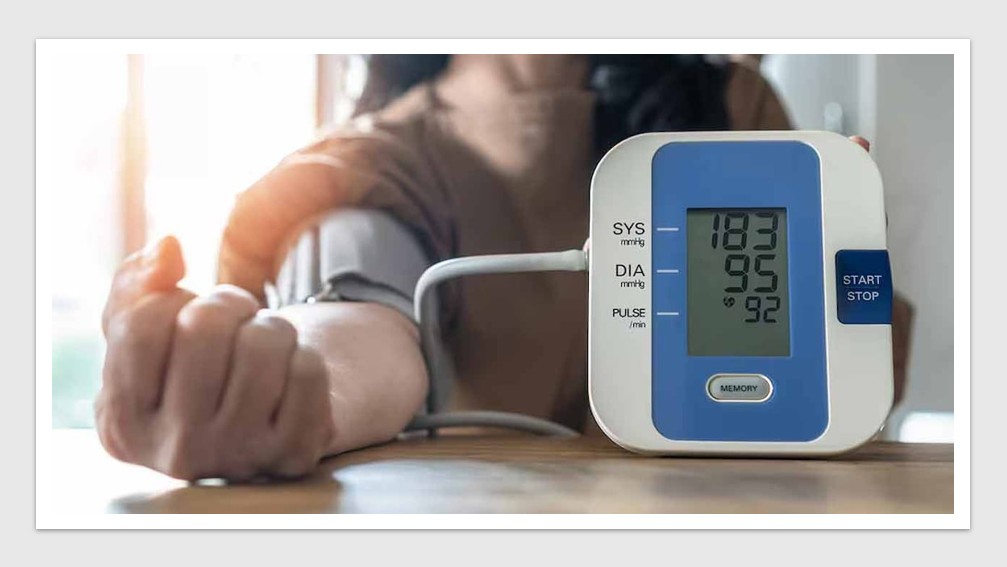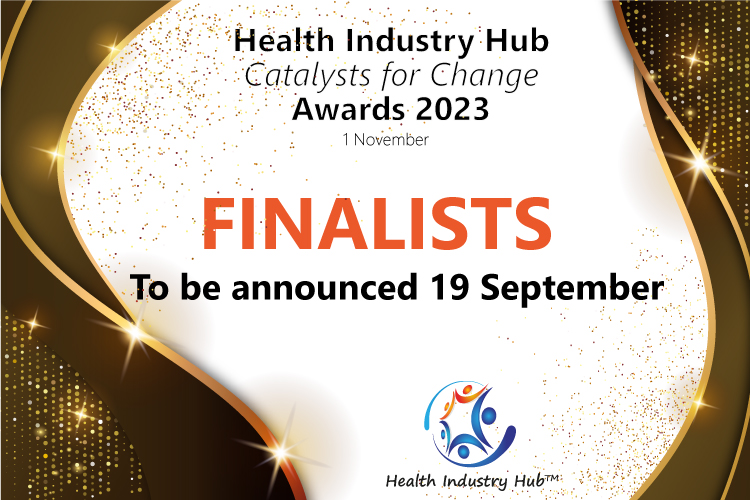News & Trends - Pharmaceuticals
Unlocking RWE’s pivotal role in HTA decision making

Pharma News: In a recent meeting of the HTA Review Reference Committee, the Centre of Research Excellence in Medicines Intelligence (MI-CRE) delved into the topic of optimising the utilisation of real world data (RWD) and the production of real world evidence (RWE) to enhance health technology assessment (HTA) decision-making across the lifecycle of health technologies in Australia.
Real-world evidence is progressively gaining traction among various stakeholders involved in the lifecycle of therapeutic products. However, its potential remains underexploited in the HTA process. RWE endeavours to bridge existing evidential gaps, mitigate uncertainties surrounding the benefits of health technologies, and offer deeper insights into the long-term impacts of health technologies in real-world settings. Despite its underutilisation, there’s a growing momentum to leverage RWE more extensively within the HTA processes.
As revealed in a publication involving Roche, the current contribution of RWE on treatment effects to HTA decisions remains unclear. In several assessments, reports inadequately address submitted RWE, as was the case for a real-world comparator arm in the assessment of Roche’s Alecensa (alectinib) for second-line anaplastic lymphoma kinase (ALK) + non-small-cell lung cancer by the Pharmaceutical Benefits Advisory Committee (PBAC). While limitations tied to RWE are commonly acknowledged in assessment commentaries, a comprehensive critique of the RWE and its impact on decisions is often lacking. This trend was observed in assessments of Roche’s Ocrevus (ocrelizumab) in relapsing-remitting multiple sclerosis and Actemra (tocilizumab) in giant cell arteritis by PBAC, the National Institute for Health and Care Excellence (NICE), and the Canadian Agency for Drugs and Technologies in Health (CADTH). Such opaqueness raises questions about the value of generating supportive RWE for HTA submissions, particularly when RWE is used to inform secondary treatment effects of lesser importance.
HTA agencies, including the National Institute for Health Care Excellence (NICE) in England, the Canadian Agency for Drug and Technology in Health (CADTH), Haute Autorité de santé (HAS) in France, and Institut für Qualität und Wirtschaftlichkeit im Gesundheitswesen/Der Gemeinsame Bundesausschuss (IQWIG/G-BA) in Germany, are progressively steering towards the optimal use of RWE within their HTA processes. France, for instance, employs RWE to re-evaluate reimbursed technologies based on randomised controlled trials (RCTs). Similarly, several HTA and reimbursement agencies in Asian countries like Japan, Taiwan, and South Korea rely on RWE to fine-tune pricing and re-evaluate funded health technologies. In contrast, nations like India, China, and Singapore base reimbursement decisions on RWE years after market entry.
While RCTs offer high internal validity due to lower risks of bias, randomisation is at times impractical due to ethical concerns and technical challenges, such as in rare diseases and medical device technologies.
The diversity of RWD sources presents an exciting opportunity, categorised into three main groups based on potential data quality: studies and registries, clinical records and unsupervised sources.
The comprehensive integration of RWE into the HTA process is a multifaceted endeavour necessitating involvement from multiple stakeholders. Barriers to utilising RWE from diverse sources in HTA processes include concerns about acceptability, transferability, reliability, validity, and generalizability of evidence derived from RWD. These concerns extend to data heterogeneity despite standardised protocols. However, adhering to rigorous methodological standards, ensuring transparency, justifying data source usage, and following guidelines for generating high-quality RWE can help mitigate confusion arising from disparate data.
Data security, privacy, and access emerge as critical concerns, particularly when utilising clinical records and unsupervised sources. Establishing a secure data environment necessitates adherence to specified IT procedures and policies, crucial aspects to be evaluated in the HTA processes.
Real-world evidence holds the potential to address existing evidence gaps and reduce uncertainties surrounding costs and the enduring, uncontrolled impact of health technologies in real-world scenarios. The re-evaluation of reimbursed health technologies using RWE by HTA agencies strongly supports decision-makers in judiciously allocating limited health resources and arriving at well-informed reimbursement decisions. Depending on their existing health policies and structures, health systems may need to redefine reimbursement strategies or adapt current funding policies to accommodate reinvestment or disinvestment as RWE gains broader traction in HTA processes.
![]() In reimagining healthcare across the entire patient journey, Health Industry HubTM is the only one-stop-hub uniting the diversity of the Pharma, MedTech, Diagnostics & Biotech sectors to inspire meaningful change.
In reimagining healthcare across the entire patient journey, Health Industry HubTM is the only one-stop-hub uniting the diversity of the Pharma, MedTech, Diagnostics & Biotech sectors to inspire meaningful change.
The Health Industry HubTM content is copyright protected. Access is available under individual user licenses. Please click here to subscribe and visit T&Cs here.
News & Trends - Biotechnology

CSL reshapes R&D while bracing for U.S. tariffs
Australia’s largest biotech company CSL is streamlining its R&D operations to enhance efficiency amidst a rapidly evolving global landscape. The […]
MoreNews & Trends - MedTech & Diagnostics

Australia joins Medtronic trial in fight against resistant hypertension
Medtronic has launched an international clinical trial across Australia, the United States, and Europe to evaluate the feasibility of multi-organ […]
MoreNews & Trends - MedTech & Diagnostics

Medibank launches pharmacogenetic testing while government stalls on insurance discrimination ban
Medibank has become the first Australian health insurer to pay towards pharmacogenetic testing (PGx) for eligible customers on Extras cover. […]
MoreNews & Trends - Pharmaceuticals

Global pledge shifts visibility and action for patients with advanced breast cancer
Three breast cancer organisations have united internationally to demand that people living with metastatic breast cancer (MBC) are no longer […]
More